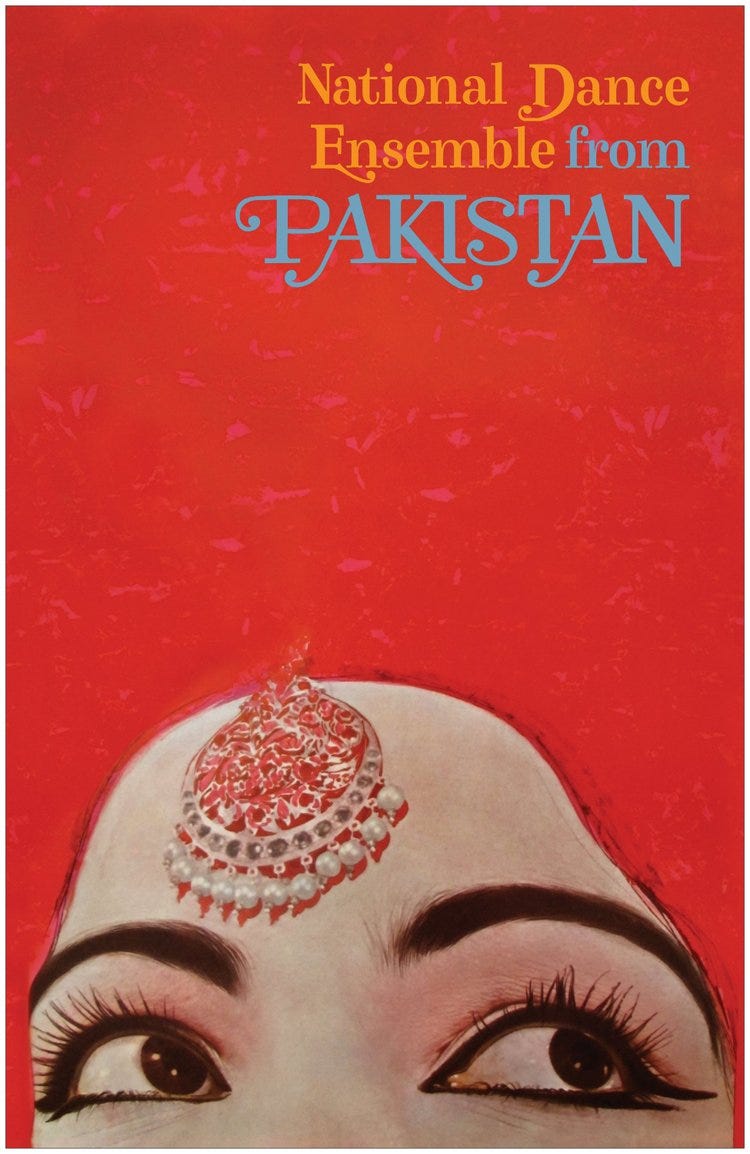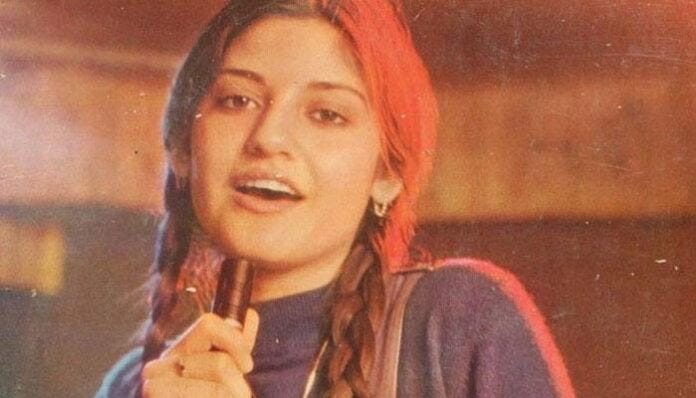Welcome to the Brown History Newsletter. If you’re enjoying this labor of love, please do consider becoming a paid subscriber. Your contribution would help pay the writers and illustrators and support this weekly publication. If you like to submit a writing piece, please send me a pitch by email at brownhistory1947@gmail.com.
Don’t forget to check out our SHOP and our Podcast.

Recommended Reads:
Nazia Hassan: The Queen Who Defined Brown Pop
Actress Zeenat Aman swirls on melodic tunes and Urdu lyrics on the song ‘Aap Jaisa Koi’ in the 1980 Bollywood film ‘Qurbani’. Arguably with conformity to the image of ‘boldness’ often associated with her, Zeenat Aman dances in a club, having donned a red cutout dress as the love gaze of the movie hero, Feroz Khan, shrouds her moving body. While the scene is typical of a Bollywood’s item number, the song behind it was of unprecedented unorthodoxy — sung by the new-found, young voice of a 14 year old, Nazia Hassan. Beyond capturing the hearts of the cinema audiences, the song became a household word on both sides of the border. Bollywood for years had maintained a monopoly in the popular South Asian music industry. And so none had predicted that a Pakistani singer, as youthful as Nazia Hassan, would suddenly somehow emerge as a potential breaker of that monopoly.







